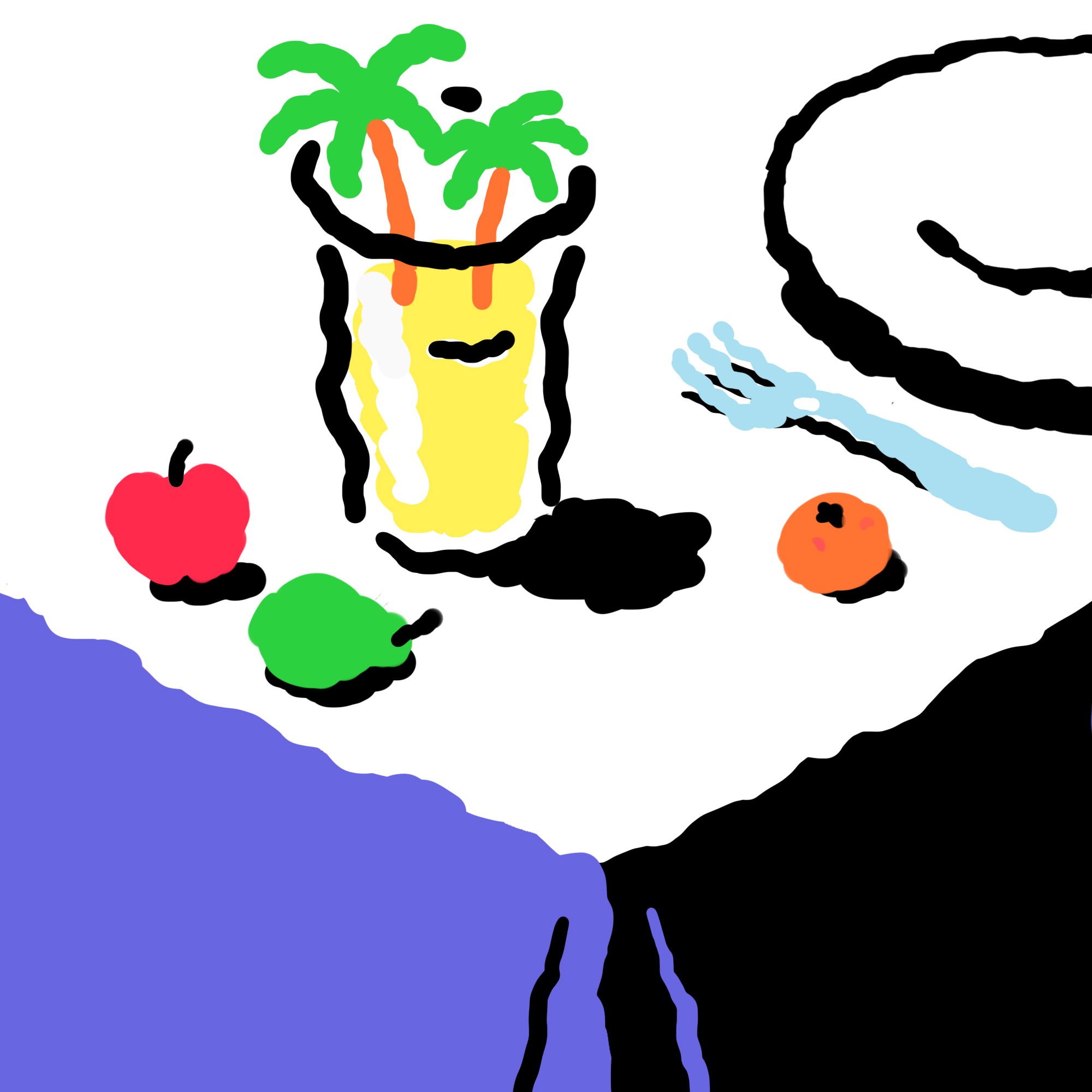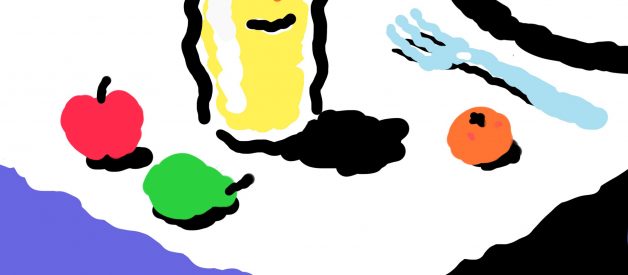 Illustration: Matija Medved
Illustration: Matija Medved
Optimize Me
It?s a recipe for dehydration and kidney problems
![]()
Dana G Smith
Feb 185 min read
Optimize Me is an Elemental column exploring (and fact-checking) the weirdest self-improvement trends. It comes out every Tuesday.
Women on Instagram are not drinking water, and they?re proud of it.
For the first time I did [a] 24h dry fast, (apart from 5 sips of green tea around 11am when it got too cold) and I?m stoked? I can?t believe it took my dad one year to convince me that food is just another attachment and conditioning and that there are people living without water and food.
No water for me since 4 months now. Since I start to heal my kidneys through dry fasting, which helps them to filter more efficiently, I stopped drinking ?empty? water.
Dry fasting, as it?s called, appears to take two main forms. In one, it?s an addition to intermittent fasting, where the person not only doesn?t eat food for a large portion of the day ? typically anywhere from 12 to 20 hours ? they also don?t drink any liquids during that time. The claim is that dry fasting provides an additional positive stress to cells on top of fasting from food. The other version of dry fasting involves not drinking any water at all for days, weeks, or even months at a time, ostensibly to ?heal the kidneys.?
Neither assertion is backed by scientific research, and the only concrete biological outcome of not drinking water is dehydration.
?I would say a lot of these fasts are, it seems to me, getting more and more extreme in terms of what is being put forward under the language of ?this is healthy,?? says Claire Mysko, CEO of the National Eating Disorders Association. ?This has very dubious, in my opinion, health benefits that don?t really justify experimenting with this.?
Intermittent fasting is all the rage these days among body-hackers and longevity seekers, and it?s even gaining support from some obesity and diabetes experts. The goal is to force the body to use alternative sources of fuel, such as stored glucose and ketone bodies, instead of providing it with energy through meals and snacks. Proponents say temporary fasts mildly stress cells ? similar to the stress from exercise ? and can help the body purge damaged or weakened cells. However, there?s no evidence that not drinking water aids in this process. In fact, Robin Foroutan, a registered dietitian and spokesperson for the Academy of Nutrition and Dietetics, says that if eliminating toxins and damaged cells is the goal, dry fasting can actually backfire.
?With intermittent fasting and other kinds of fasting, part of what you?re asking the body to do is a deeper [metabolic] cleanup,? she says. ?When you do that, you release more toxins that need to be cleared out, and they generally get cleared out through the urine and the stool. If you?re dehydrated, you?re not going to eliminate in that same way.?
There is no research suggesting that dry fasting provides additional benefits over fasting from food. In fact, there?s barely any research on dry fasting at all. The only studies that do exist are on Muslims who fast for the holy month of Ramadan, which involves abstaining from all food and drink from sunup to sundown. Those studies do show some evidence of metabolic and immunologic changes during the month of intermittent fasting, but there?s no way to tell whether the positive effects stem from fasting from food, beverage, or both. There are no studies comparing the effects of intermittent fasting with and without liquids.
Given that millions of people practice intermittent dry fasting for a month every year, there don?t appear to be any inherent risks for healthy adults. However, dehydration is a real concern with longer dry fasts (12 hours or more), if you?re exercising, or if it?s particularly hot out. Fasting for a religious reason is also entirely different from fasting in the name of optimization or aesthetics. And as Foroutan says, ?If you?re preparing to do some kind of diet or eating plan that is really limiting or rigid, it really should have solid data backing up the benefits that you hope to gain.?
More concerning is the extreme version of dry fasting that involves not drinking any water at all. These people claim that tap water is ?empty water,? and instead they get all their hydration needs from ?living water? in fruits and vegetables, like watermelon and coconuts.
One rationale for giving up water is that tap water can contain contaminants. Considering the horrific ongoing situations in places like Flint, Michigan, and the recent weakening of the Clean Water Act, this concern isn?t entirely unfounded. But the solution is to drink bottled or filtered water, not to stop drinking altogether. The other argument for long-term dry fasting ? that by not drinking water you?re giving your kidneys a ?rest? ? is a wildly misled and potentially dangerous belief with zero science to back it up. The kidneys do not need to rest, and if they do, you might need to go on dialysis. The kidneys need water to do their job of filtering out toxins from the blood and flushing them from the body. If the kidneys don?t get enough water, you can develop kidney stones and even permanently damage the organ.
Humans ? and all animals ? need food and water to survive. They are not weaknesses and unnecessary attachments to overcome.
A major concern with these types of super-restrictive fasts and diets ? besides dehydration ? is that they can often masquerade disordered eating behavior under the guise of health and optimization. In some ways, that makes the proclaimed shift in goals from weight loss to wellness even more pernicious.
?It can be much harder for people to recognize that their behavior is problematic, because it?s often validated in the larger culture,? Mysko says. ?That?s why having an extremely restrictive fast or optimization plan connected to this idea of ?this is what?s healthy and good for you? can make it really difficult for people to recognize when they have a problem.?
The posts from Instagram exemplify Mysko?s point. Humans ? and all animals ? need food and water to survive. They are not weaknesses and unnecessary attachments to overcome, and to claim they are is patently absurd. So, go pour yourself a tall glass of water and enjoy. Your kidneys will thank you.
If you think you may be struggling with an eating disorder, you can contact the National Eating Disorder Association helpline at 800-931-2237 for support, resources, and treatment options. Or you can take their short, confidential screening tool to determine if it?s time to seek professional help.


